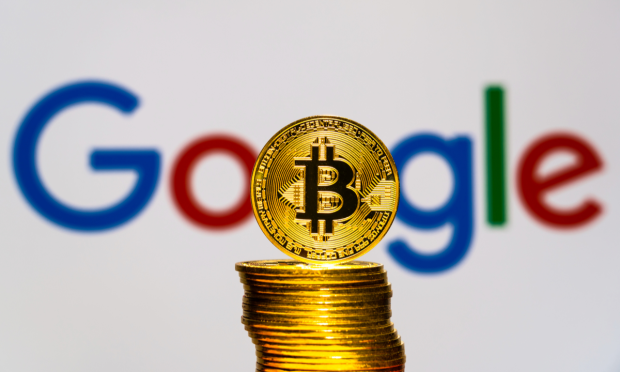Google has removed several global cryptocurrency exchanges, including Binance and Kraken, from its Play Store. The move follows the Indian government’s crackdown on crypto firms deemed “illegally” operating in the country. The Financial Intelligence Unit (FIU), a government agency overseeing financial transactions, issued show cause notices to nine crypto firms for non-compliance with India’s anti-money laundering rules.
Apple had earlier pulled these apps, and telecom networks and internet service providers subsequently began blocking the URLs of the crypto exchange websites. The FIU had requested the Ministry of IT in India to block the websites of the identified crypto services. Apart from Binance and Kraken, other affected exchanges include Huobi, Gate.io, Bittrex, and Bitfinex.
The regulatory landscape in India has been challenging for cryptocurrency traders, with a 30% capital gains tax and a 1% transaction levy imposed in 2022. Many Indian traders have sought refuge on global platforms with less stringent identification verification requirements, contributing to a significant decline in trading activity on domestic exchanges.
Well-funded Indian platforms like CoinSwitch Kuber and CoinDCX, which adhere to strict identification verification, have not faced the same challenges. Traders opting for international competitors have been accused of tax avoidance behavior by fiscal authorities. Ashish Singhal, CEO of CoinSwitch, emphasized the importance of offshore exchanges complying with India’s regulations for consumer protection and greater regulatory oversight.
India has a history of taking a tough stance on cryptocurrencies, with the Reserve Bank of India implementing a ban on crypto about five years ago. Although the ban was later overturned by the Supreme Court, the government has continued to express concerns about virtual assets, likening them to a Ponzi scheme. The recent crackdown on global crypto exchanges adds to the ongoing regulatory challenges faced by the crypto industry in India.











